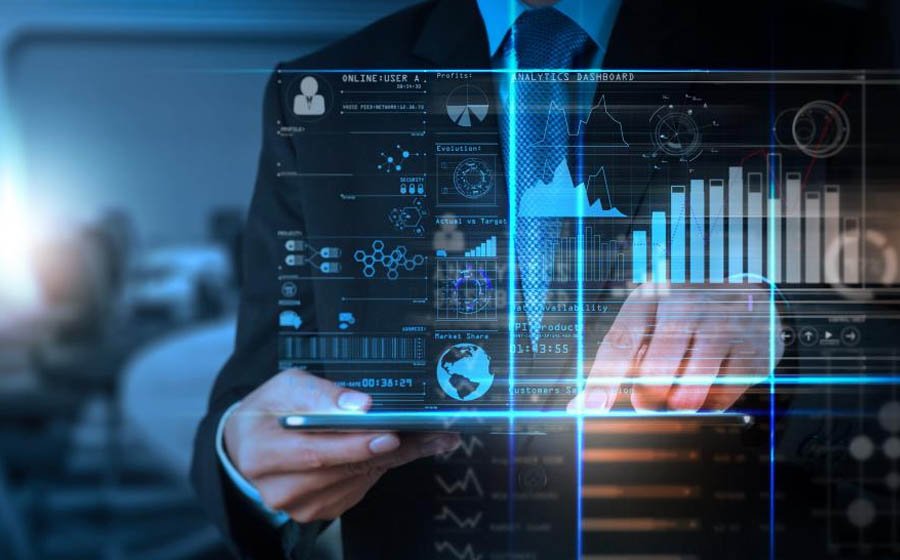If you’re looking for an expert who can help you determine the truthfulness of a person’s speech, look no further than a speech analyst. Speech analysts are trained to decipher subtle variations in tone, pitch and volume to determine whether someone is being deceptive or not. They also have extensive knowledge about how people’s voices change with age, gender and other factors. This makes them perfect for helping law enforcement officers investigate cases involving identity fraud or deception of any kind.
Table of Contents
Deception detection
Speech analysts are trained to identify verbal and non-verbal cues that may indicate dishonesty. For example, a speech analyst can assist a legal case by providing testimony in court regarding their analysis of the defendant’s statements.
In order to detect deception, it is necessary to understand how truthfulness and deceit are different from one another. Therefore, the analyst needs to understand how individuals experience lying and truth-telling, respectively, because these experiences affect an individual’s vocal patterns when speaking.
Spoken language comprehension
Once you have data from some language, it can be analyzed. Speech analytics is the process of analyzing spoken language and speech. It can be used to understand the meaning of words, phrases and sentences. It can also help identify the context or sentiment behind those words, phrases and sentences.
Identity verification
Identity verification is the process of confirming that a specific individual is who they claim to be. This can be done in many ways, but voice biometrics is one example. Voice biometrics uses the unique characteristics of an individual’s voice as a method of identification.
The analyst will compare this audio sample against a database of previously recorded samples, usually by speaking into a microphone while being asked questions, in order to determine whether the person speaking matches any previous recordings or not. If there’s no match found, then it can be assumed that this person has never been recorded before and, therefore, must be telling the truth about their identity!
Verint experts say, “Highest-rated and most-used speech analytics software in the market.”
Voice recognition
Voice recognition is a type of biometric authentication that uses the unique characteristics of your voice to identify you. For example, the technology can be used as part of an access control system, or it can verify your identity over the phone.
Whenever you give voice commands to your computer, some malicious software may listen in on those commands and record them later. Voice recognition systems were designed to address this concern by making it difficult for hackers or unauthorized users to gain access without authorization.
Prosody analysis
Prosody analysis is a speech-based approach to analyzing emotions and moods. Prosody refers to the rhythm, stress, and intonation of speech and can be used to detect sarcasm and anger in speech as well as happiness or sadness. By analyzing their voice patterns, a prosody analysis also helps determine whether someone is truthful or deceitful.
As you can see, there are many ways that a speech analyst can impact businesses and individuals. The ability to detect deception, identify voices and understand spoken language is of great value in many industries. This article must have given you some insight into some of the processes involved in speech analysis, as well as an idea of what type of work could be done by someone with this skill set.










